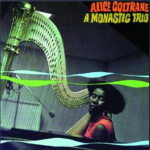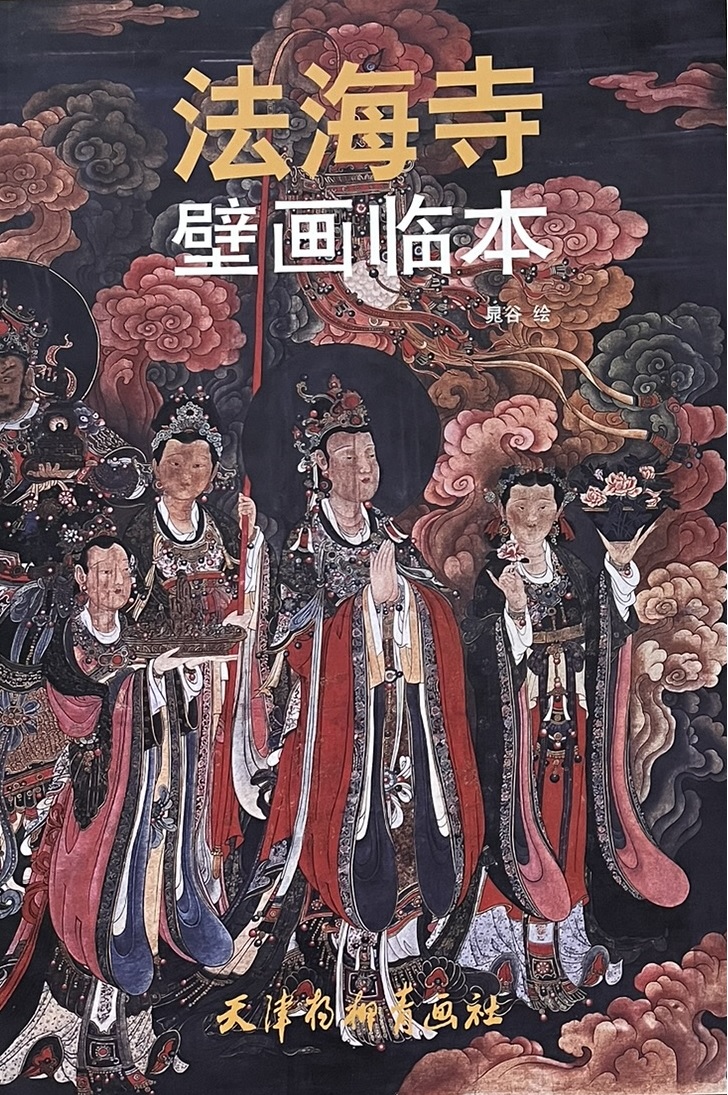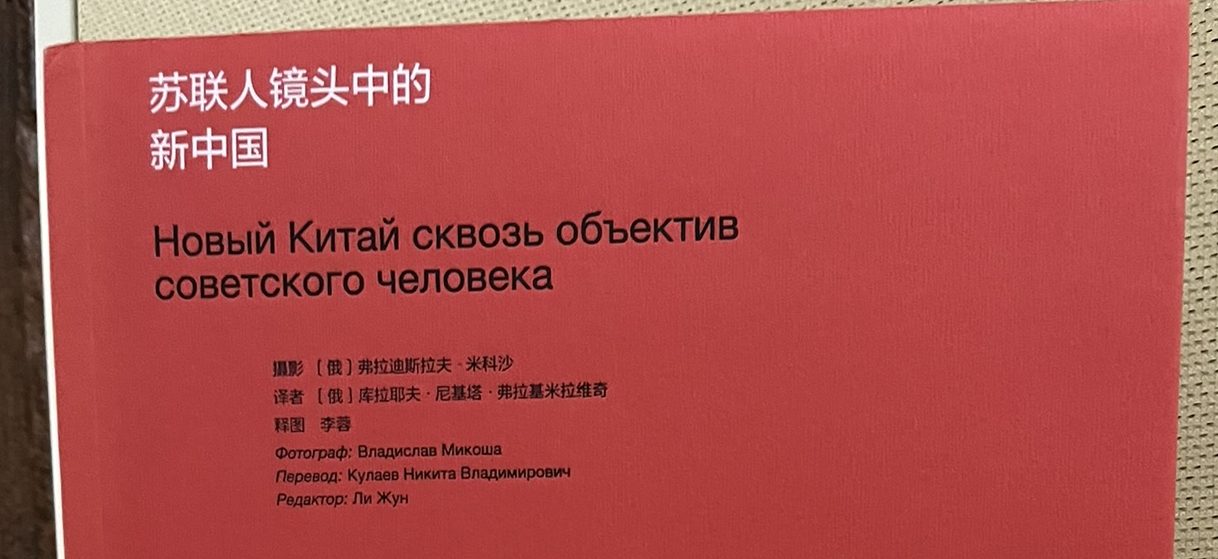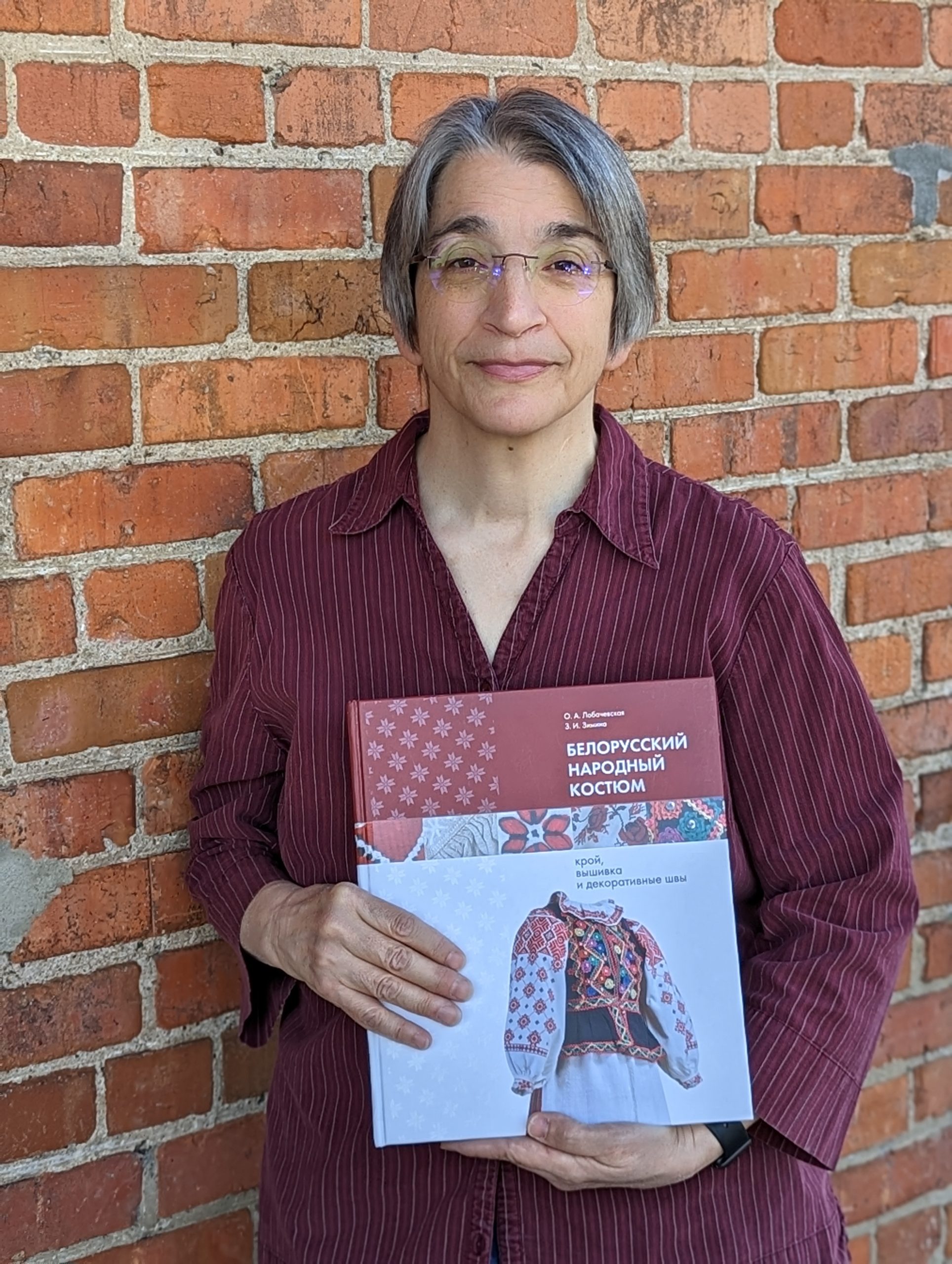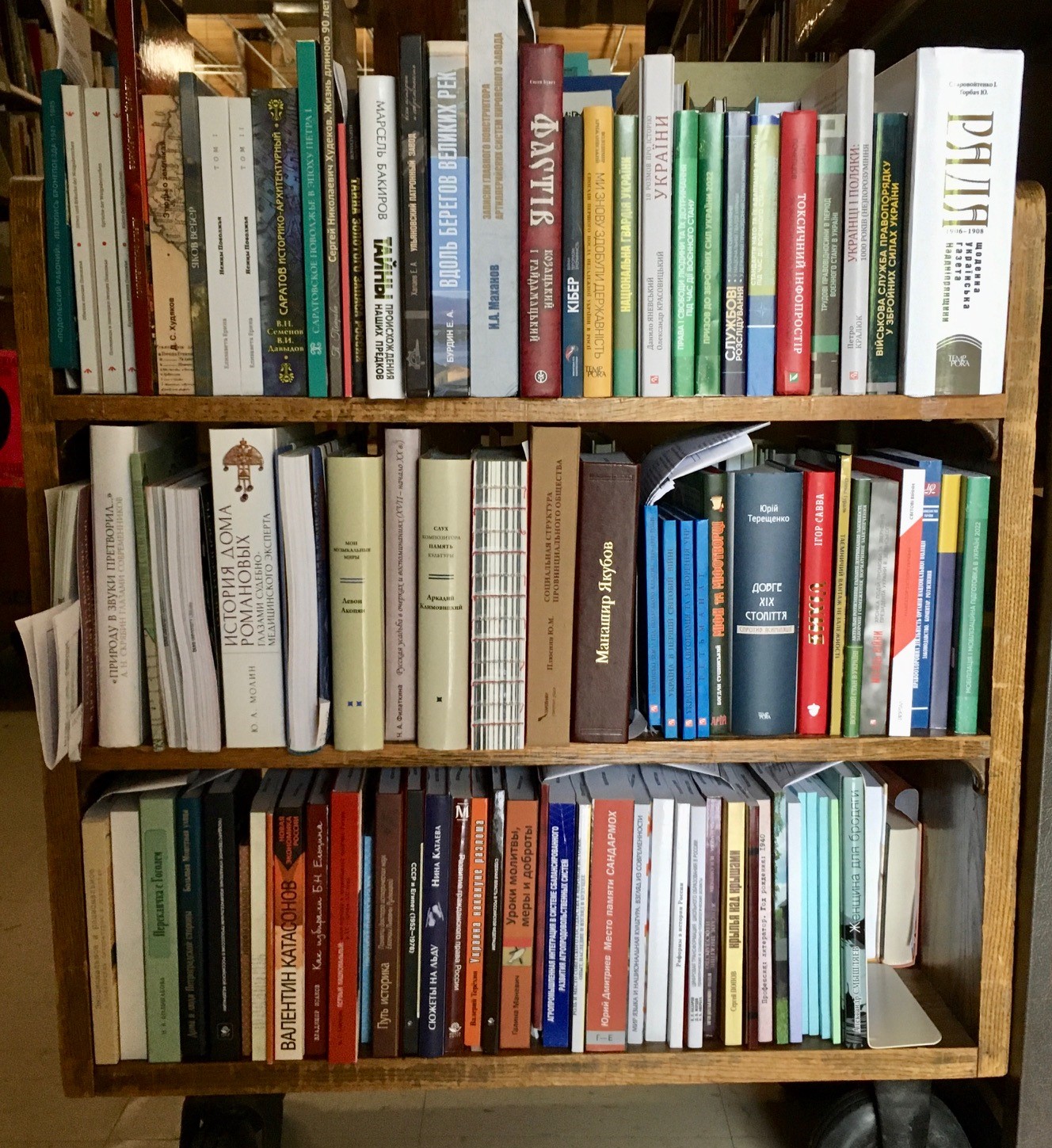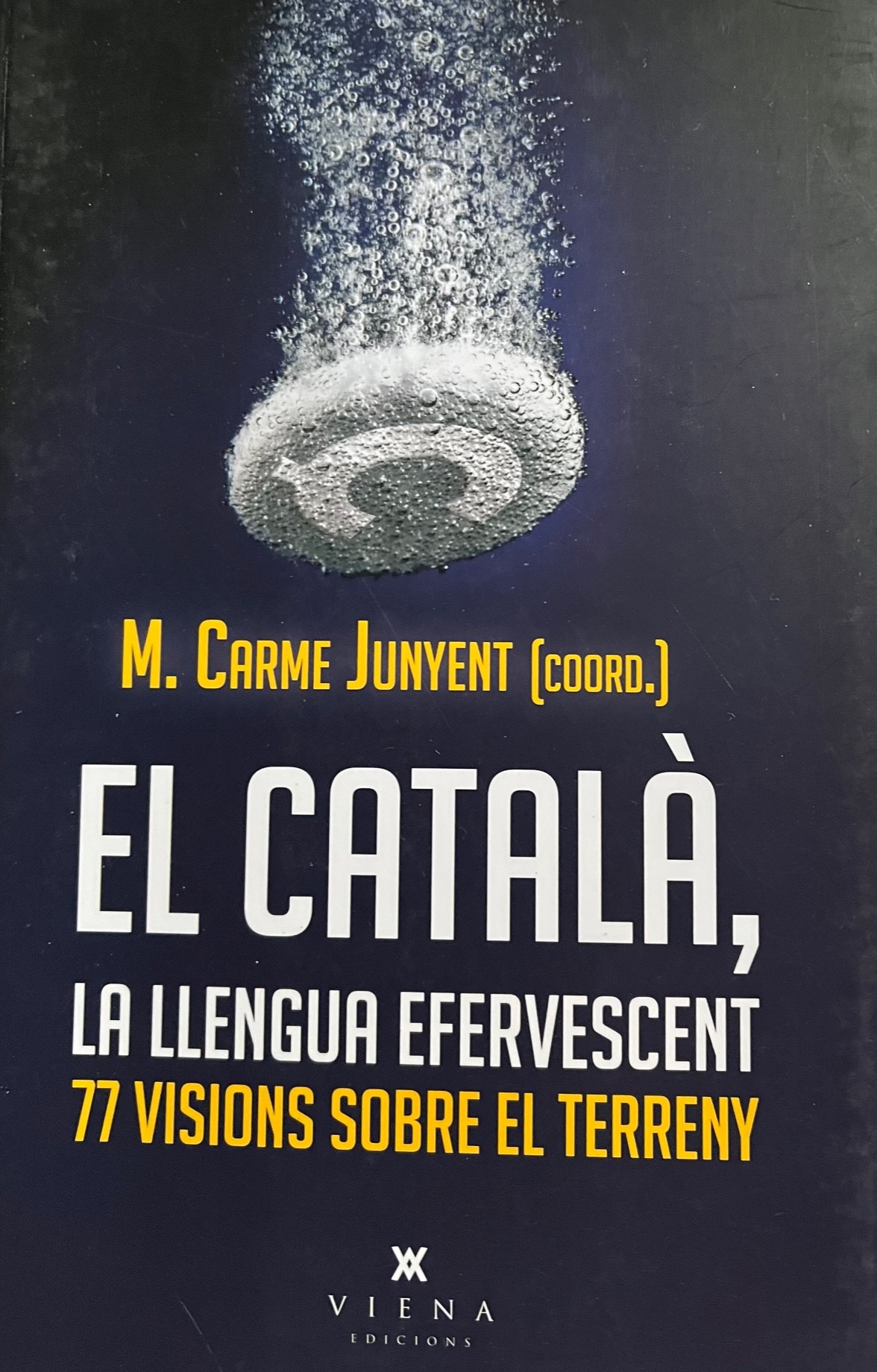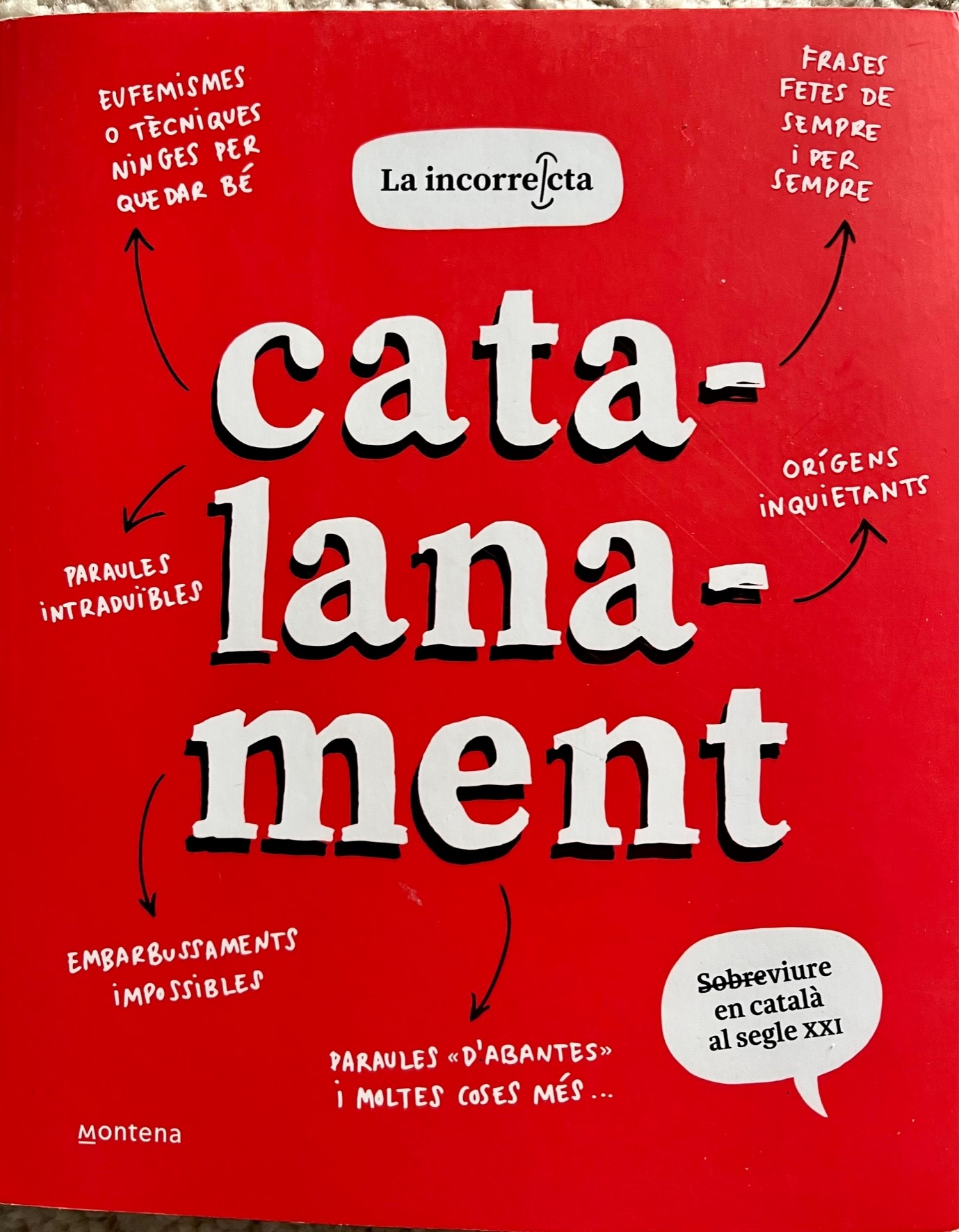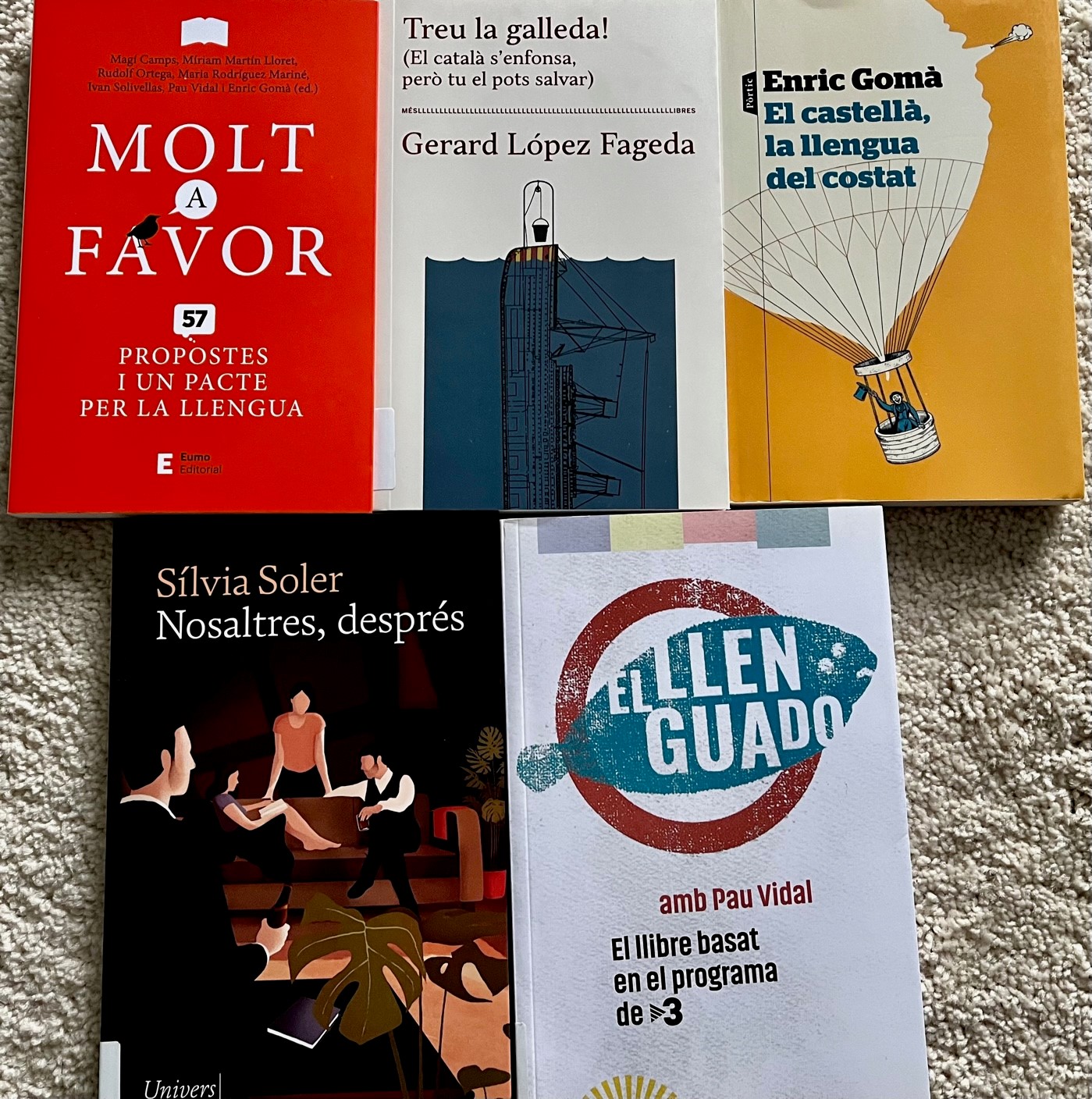My job title is Resource Description Specialist in the Resource Description Department of Collection Services; that’s a fancy way of saying I’m an original cataloger for monographic resources. Although I catalog print materials and participate as part of a small subteam that provides records for the Library of Congress electronic Cataloging-in-Publication Program (eCIPs), my main focus is creating bibliographic records that describe A-V resources (concentrating on visual), for physical (DVDs, Blu-ray discs, videocassettes, film reels, etc.), as well as digital (streaming) formats.
I catalog a wide variety of works in many different formats and languages, so every day brings something new and interesting. Because my job is specialized by format rather than language, I often have to rely on the language expertise of my library colleagues to help me describe the works that come my way. This is especially true when those works are in languages I can’t read, and I am so grateful for all of the help with Arabic, Chinese, Japanese and Korean materials my colleagues so willingly provide. When needed, they also help tweak the Library of Congress subject headings I’ve assigned, or suggest additional subject headings if I have missed important cultural cues or historical context.
Sometimes it’s necessary to go further afield for help in simply identifying the language(s) of a work. In the case of a streaming video entitled “Bad Press” that has title screens in Chinuk Wawa, Navajo, Cherokee, Osage, and Mvskoko, my colleagues were able to recognize some, but not all of the languages, so I tracked down the film’s directors who were able to identify the remaining languages, and I also contacted the director of the Osage Nation Language Department who graciously provided a transliteration of the Osage title. If you want to take a look, you can find the film on Warpwire (authenticate with your NetID and password to view the film). Here are those five title screens:





Since accessibility is an overarching goal of cataloging, it’s incumbent upon me to accurately describe all accessibility features available in the materials I catalog, using principles of inclusive description. I need to include the language(s) of the dialogue, language(s) of subtitles and/or captions or audio description, and whenever possible, include the title and names of cast and crew in the original language script. I also utilize controlled (standardized) vocabularies for accessibility genre headings, currently “Video recordings for the hearing impaired” when subtitles or captions are present, or in less frequent cases where audio description is available, “Video recordings for people with visual disabilities”. These vocabularies change over time to mitigate harm; there are discussions underway to change “Video recordings for the hearing impaired” to “Video recordings for the hard of hearing”, but these changes have to go through official channels, and take time.
Sometimes we receive titles that are unusable in their current physical form, such as videos that were sent by the vendor as files on a thumb drive. Since we can’t circulate thumb drives, those files need to be converted so they can be streamed on Warpwire. The good folks in the Duke Digital Repository accomplish tasks like this with amazing skill, speed, and good humor!
 Some of the most fun and challenging materials I work with are the accompanying materials included with A-V box sets; the packaging can be spectacular, but publishers definitely do not have libraries in mind when they include that stuff! The accompanying booklets are easy enough to deal with, but what do you do with the ice pick-shaped ball point pen that accompanied the collector’s edition of “Basic Instinct”…
Some of the most fun and challenging materials I work with are the accompanying materials included with A-V box sets; the packaging can be spectacular, but publishers definitely do not have libraries in mind when they include that stuff! The accompanying booklets are easy enough to deal with, but what do you do with the ice pick-shaped ball point pen that accompanied the collector’s edition of “Basic Instinct”…
…or the wave drum included in the new Grateful Dead box set “Friends of the Devil: April 1978”?

For answers to those types of questions, I consult my colleagues at Lilly Library who have to figure out not only how (or even if) those materials will circulate, but how to house them. This can have a direct bearing on how I describe those materials; sometimes it’s not so simple to determine what is the main item and what is the accompanying material? Sometimes I have to ask, for example, is this a DVD plus book, or book with accompanying DVD? What does the publisher consider to be the main item? How will this material be used in the library?
Well, that’s about it. As you can see, my job is never dull, and I get to describe and make accessible a wide variety of titles in many different formats and languages, and I have the opportunity to collaborate with a lot of wonderful colleagues all over the library. I’ve worked in a number of different departments over my 35 years at the Duke University Libraries, but have found my library home in Resource Description.







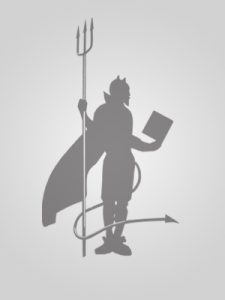

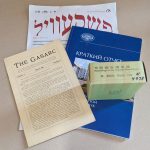
 Comic book publishing has always been a commercial venture, so if a title fails to sell well, it’s cancelled posthaste. But fear not, intrepid comic book readers! The cancelled character may well be revived even decades later with different writers and artists and, perhaps, a different publisher. In the case of the early Captain Marvel titles pictured, the earliest dates from 1968 and the latest from 1975. These titles were published as separate runs with only the titular character and publishing house, in this case, in common. While it might seem unimportant to omit the volume numbering when you have a title that has 55 numbers published over 12 years, with all issues having the same volume number, that volume number serves as a clue to researchers that perhaps an earlier or later related title exists.
Comic book publishing has always been a commercial venture, so if a title fails to sell well, it’s cancelled posthaste. But fear not, intrepid comic book readers! The cancelled character may well be revived even decades later with different writers and artists and, perhaps, a different publisher. In the case of the early Captain Marvel titles pictured, the earliest dates from 1968 and the latest from 1975. These titles were published as separate runs with only the titular character and publishing house, in this case, in common. While it might seem unimportant to omit the volume numbering when you have a title that has 55 numbers published over 12 years, with all issues having the same volume number, that volume number serves as a clue to researchers that perhaps an earlier or later related title exists.

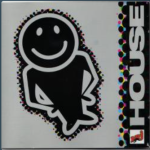 House “Liquid Love”
House “Liquid Love”
 Destroys The Invaders “Conspiracy On Neptune”
Destroys The Invaders “Conspiracy On Neptune”
